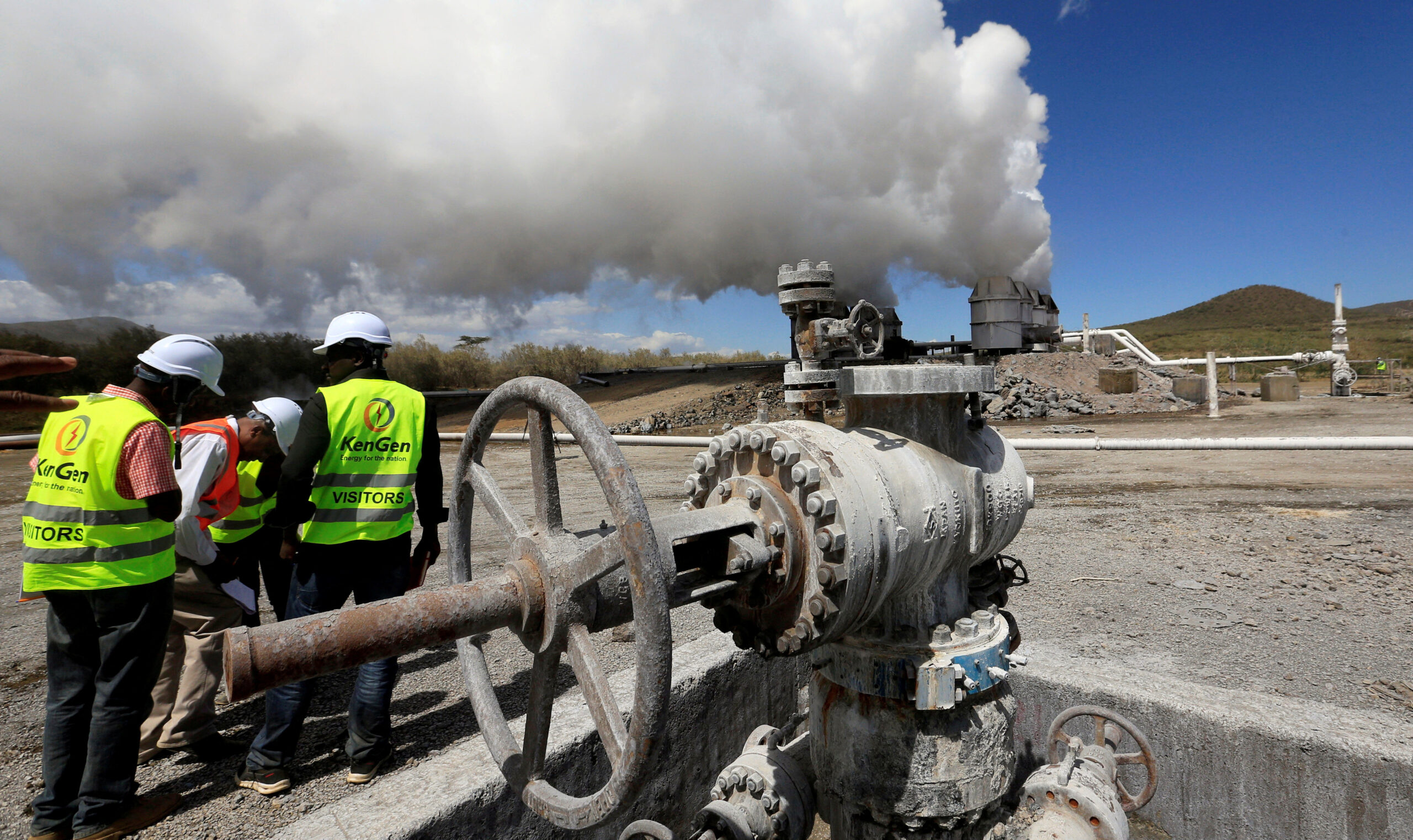Kenya’s energy regulator says it has extended an oil supply deal with three Gulf-based companies designed to manage demand for dollars.
The agreement, which replaced an open tender system in which local businesses sought to import oil each month, was inked with Saudi Aramco, Abu Dhabi National Oil Company (ADNOC.UL), and Emirates National Oil Company in March.
According to the head of the Energy and Petroleum Regulatory Authority (EPRA), Daniel Kiptoo, “There was an extension up to December 2024 so this is basically arising out of negotiations that have been happening to drive down the freight and the premium (costs).”
He defended the contract by saying that it had reduced the price of shipping oil to Kenya and the premium it paid to suppliers.
A senior foreign exchange trader at a commercial bank said, “It is still not lost on us that it is a stop-gap measure, whichever way you look at it.”
Also, it offers 180-day credit terms, allowing the nation to accumulate funds over time rather than needing to pay for imports with roughly $500 million per month.
There are recent concerns regarding the oil import agreement. It has come under scrutiny from government critics who argue that it has contributed to the surge in retail prices of petrol. Currently, a litre of petrol is selling for 211 shillings ($1.43), a significant increase from 160 shillings a year ago. Additionally, the government doubled the tax on fuel in July, further exacerbating the situation.
Although the rate of decline has eased recently, the Kenyan shilling has continued to face constant pressure from the dollar, confounding President William Ruto’s April forecast that it would strengthen noticeably.
Officials from the government and lawmakers from the ruling party have defended the president from the criticism by claiming that the nation was helpless against the rising oil costs on the world market.


 Sports2 days ago
Sports2 days ago
 Metro2 days ago
Metro2 days ago
 Metro1 day ago
Metro1 day ago
 Culture2 days ago
Culture2 days ago



































